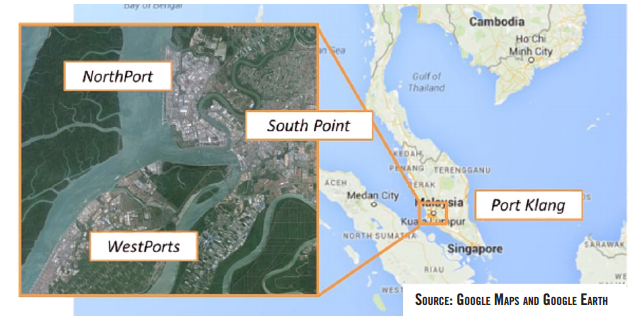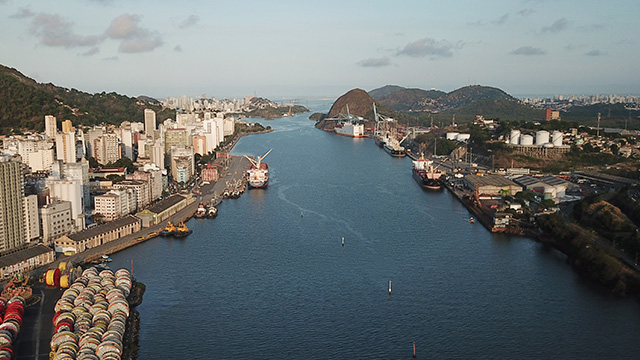21 results found
Standardised contractual documents help to structure projects and provide standardised guidance on project risk identification, allocation and mitigation mechanisms at the preparation stage.

This report examines the performance of the 14 largest container ports in the region based on two sets of criteria: operational performance and economic performance. To measure operational performance, the report benchmarks total time at port, waiting time at port, and idle time as a share of total time at berth. To measure economic performance, it benchmarks productivity and efficiency using two useful techniques: Malmquist total factor productivity decomposition and data envelopment analysis. The report identifies key drivers of port performance and examines how differences in performance across ports are related to those drivers.


The Malaysian government has improved the capacity and efficiency of its port infrastructure by involving the private sector.



The Port Reform Toolkit is aimed to provide policymakers and practitioners with effective decision support in undertaking sustainable and well-considered reforms of public institutions that provide, direct, and regulate port services in developing countries.





The World Bank undertook a comprehensive assessment of South Asia’s container ports to support South Asian governments and stakeholders in the sector. It sought to understand the links between performance and its drivers and costs and to identify whether and how performance might be improved. The study proposes an approach for improvement based on regional and global experience.

This brief explores investments in harbor infrastructure, operation, and maintenance in Maldives.

Port Development and Competition in East and Southern Africa analyzes the 15 main ports in East and Southern Africa (ESA) to assess whether their proposed capacity enhancements are justified by current and projected demand; whether the current port management approaches sufficiently address not only the maritime capacity needs but also other impediments to port efficiency; and what the expected hierarchy of ports in the region will be in the future.

This paper develops a port productivity and efficiency analysis of all developing regions between 2000 and 2010, using both parametric and nonparametric approaches.

The Global Infrastructure Hub (GI Hub) has appointed Maritime & Transport Business Solutions (MTBS) to support the development and delivery of an early market consultation for the Ports Privatisation Program in Brazil, which is a key aspect of GI Hub’s Brazil Country Program.
Understanding the risks facing Brazil’s port privatisation program was the focus of a recent webinar hosted by the Global Infrastructure Hub, with a focus on experiences from Latin America and globally.
To promote the country’s participation in the more than 80% of world trade which is carried by sea, GI Hub has delivered Brazil’s Ministry of Infrastructure a market sounding report to optimise its Port Privatisation Program.
Discover the benefits, challenges, risks and trends of ports privatisation.
Artificial intelligence (AI) that streamlines processes, documents and data in the flow of goods to reduce duplication, automate handshakes, and improve status accuracy.
Digital technology integrated into smart containers enable accurate near real-time monitoring and control of the condition, location and the environment of shipping containers.
Automated Robot Cranes (ARC) with Artificial Intelligence (AI) to perform tasks autonomously to avoid collisions, accidents and delays during operations.
The Public Fishing Terminal (TPP) of Manaus was built in 2010 by the National Department of Transport Infrastructure - DNIT, in partnership with the Municipality of Manaus.
The project is initiated under Saudi Arabia?s Vision 2030 and National Industrial Development and Logistics Program (NIDLP) initiatives and is part of the Logistical and Land port infrastructure development program.
Mersin Uluslararasi Liman Isletmeciligi A.S. (?MIP?) was incorporated in Turkey in 2007 as a 50-50 JV between Akfen Holding A.S. (??Akfen??) and PSA International Pte Ltd (??PSA??).
The project is initiated under Saudi Arabia?s Vision 2030 and National Industrial Development and Logistics Program (NIDLP) initiatives and is part of the Logistical and Land port infrastructure development program.



 Country Engagement Program
Country Engagement Program







